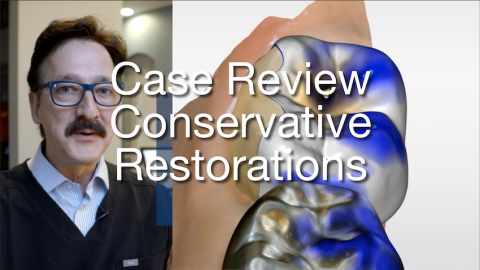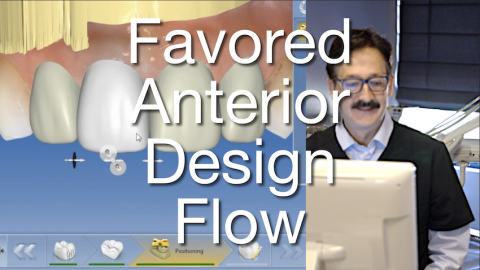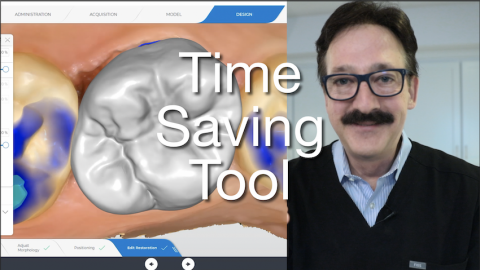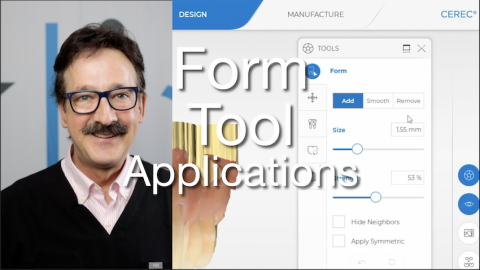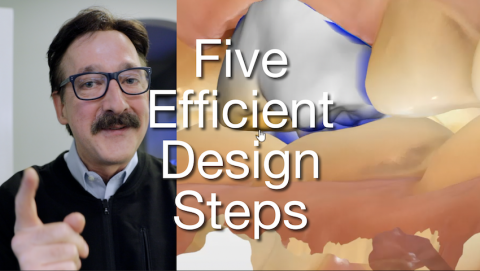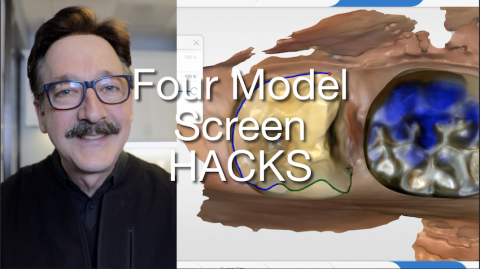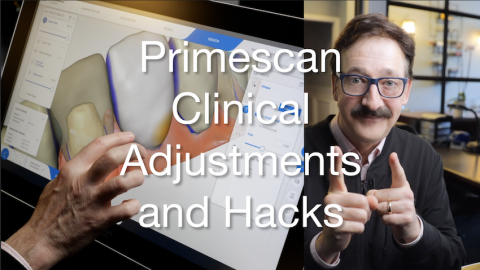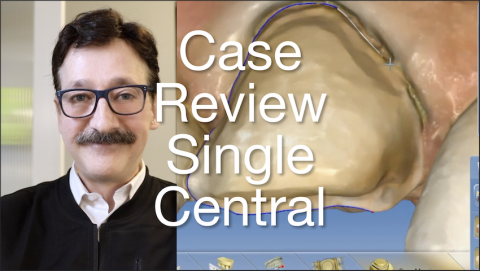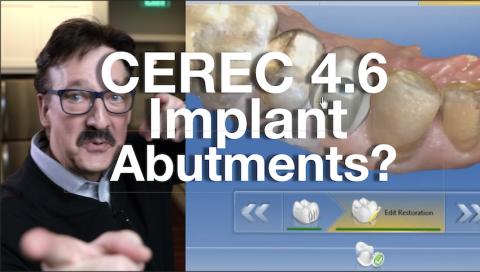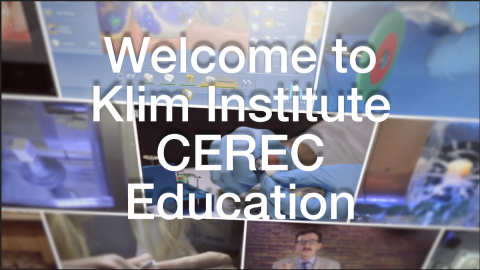When is the conservative CEREC restoration indicated in our treatment portfolio and how does the Primescan handle the conservative preparation scan, design, and mill compared to Omnicam and Bluecam? Unless a crown is being removed for an upgrade, preserving tooth structure with an onlay or inlay can be the optimal way to go. The first part of this video will review four criteria for a conservative restoration and sets up the case review for Part II, the incredible Primescan for scanning conservative preparation design--the best of both Bluecam and Omnicam is now in the Primescan.


